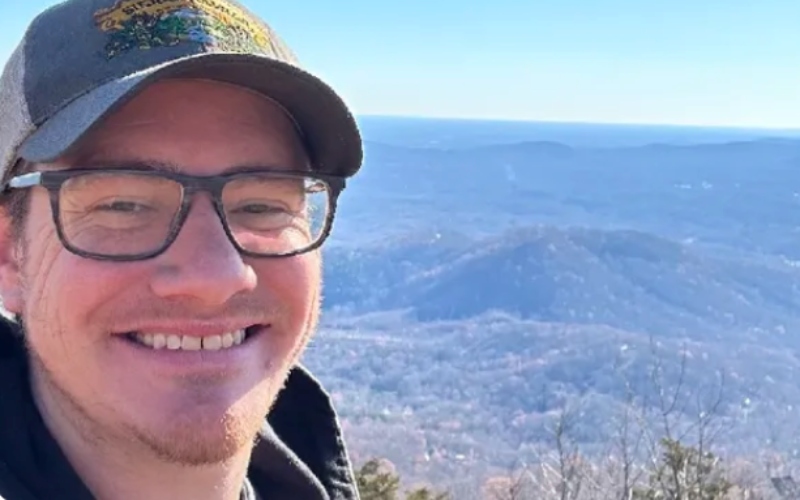Rep. Patrick McHenry urges Duke Energy to “scrap” route through Polk County
Published 11:11 pm Friday, August 28, 2015
By Claire Sachse
Claire.Sachse@tryondailybulletin.com
Rep. Patrick McHenry, R-NC, issued a statement Thursday urging Duke Energy to reconsider its proposed transmission line route, saying, “Duke Energy should scrap route through Polk County.”
The full text of his media release to constituents is below:
Trending
Today, Congressman Patrick McHenry (R, NC-10) released the following statement on the proposed Duke Energy Western Carolinas Modernization route options that would result in the construction of transmission towers through the 10th District, specifically Polk County:
“When I first learned of Duke Energy’s proposed route through Polk County I had significant concerns about what negative impacts these transmission lines could have on the County and its economy. Polk County has seen tremendous investment and growth in recent years, with much of this growth predicated on the area’s aesthetics and natural beauty. The booming equestrian industry is leading to increased tourism and residential development, but Duke’s proposed transmission lines could threaten both.
“After spending last Monday night speaking with Polk County residents at my town hall meeting in Columbus, my concerns were greatly amplified. Resident after resident made clear the serious threat these lines would pose to their community and its well-being. With their sincere worries in mind, I today sent a letter to Duke Energy expressing my grave concerns about the proposed Polk County route and strongly urging them to pursue an alternative which does not threaten Polk County’s continued growth.”
Congressman McHenry also submitted a letter Wednesday to Lynn Good, president of Duke Energy, relating how his constituents have conveyed their concerns to him about the Western Carolinas Modernization Project routes for transmission lines.
Echoing many citizen comments at meetings held in Gowensville, Landrum, and in Polk County, McHenry said, “Options that minimize the modernization plan’s footprint in the county, such as burying lines or limiting lines to existing right of ways may result in additional costs and effort for you. But, I believe a sound argument can be made that good corporate citizenship can at times call for incurring additional challenges to prevent stakeholders from incurring damage from which they might not recover.”
The full text of his letter can be found on page 12.
Trending
McHenry sent a similar letter to the North Carolina Utilities Commission Chairman Edward Finley, Jr. expressing his concerns about the proposed route through Polk County.
# # #





